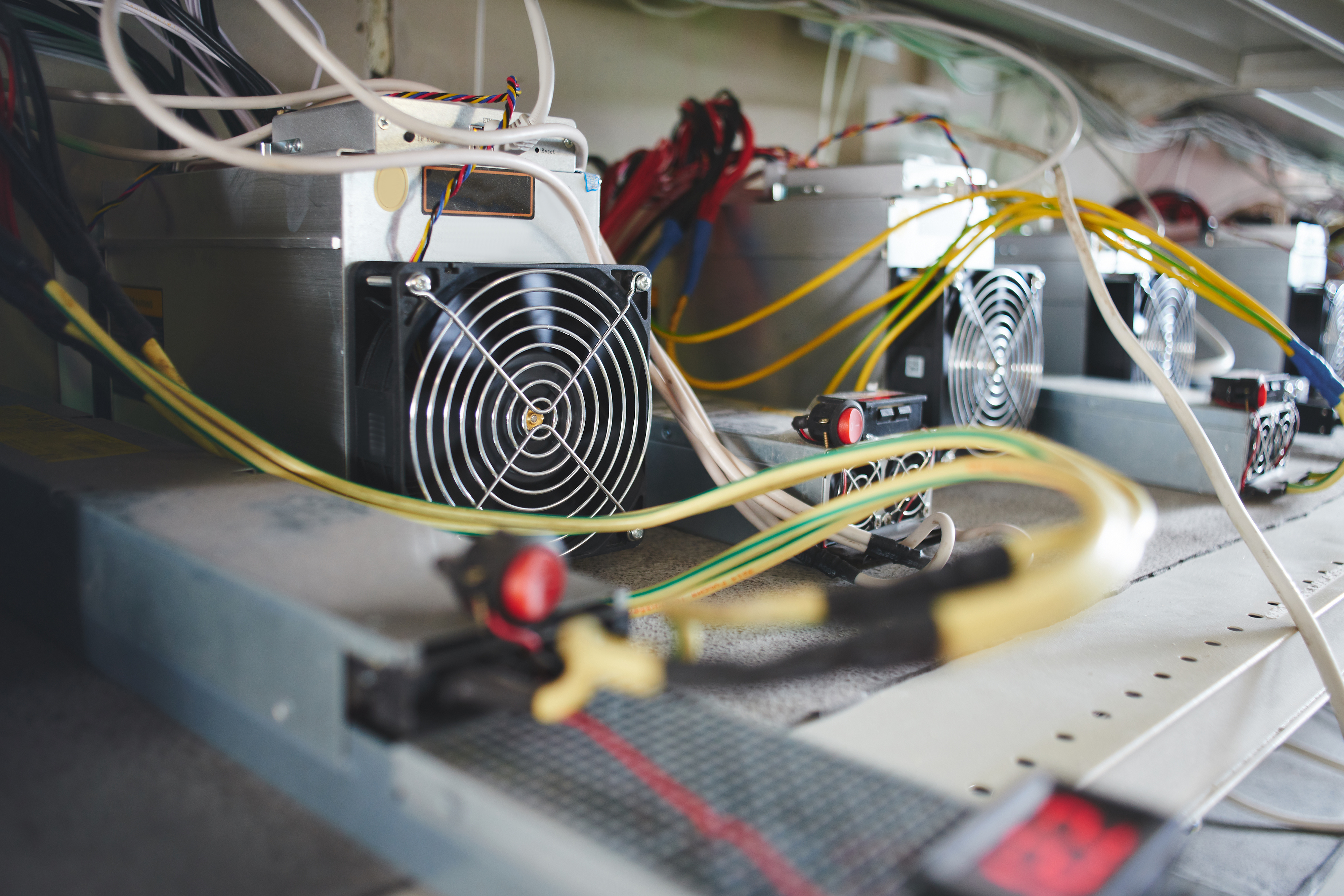Russian Energy Companies Crack Down on Domestic Crypto Miners

Russian energy providers are hunting illegal crypto miners who are plying their trade from home, the government has said.
Per Izvestia, Deputy Energy Minister Pavel Snikkars stated that some “home”-based miners have successfully changed the load profile of their electrical connections – allowing them to feed their rigs with more power.
Crypto mining regulation is still yet to be approved by the nation’s parliament, although lawmakers have stated that it could be voted in next week – paving the way for industrial mining to be legalized in early 2023.
The bill regulating the sector could also seek to criminalize unregistered crypto-mining efforts.
But some energy providers cannot wait any longer. Many have already asked the nation’s courts to help them prosecute individuals who use subsidized “home-rate” electricity to power crypto mining hardware.
Snikkars stated that while regulation was still forthcoming, in some instances “it can be proven in court that residents have used electricity for purposes other than domestic needs.”
And, he added, in “at least 10 instances,” energy companies have successfully fined domestic miners. The firms have forced the miners to pay industrial rates for the power they have used to mine coins.
How Can Russian Energy Providers Identify Domestic Crypto Miners?
The deputy minister explained that power engineers in the crypto-mining hotspot of Irkutsk can now identify domestic miners by analyzing load data at power substations.
When suspicions arise, Snikkars explained, energy providers send inspectors to apartments or houses to check power outputs and meters.
If the inspectors confirm that crypto miners have been active at the address in question, tenants will “either be issued a new invoice for their power – charged at industrial rates” or will need to go to court to prove their innocence.
The media outlet noted that courts, “as a rule,” tend to “take the side of the energy companies.
Russian energy providers claim that a house that hosts operating crypto mining rigs can consume up to 40% more power than average.




